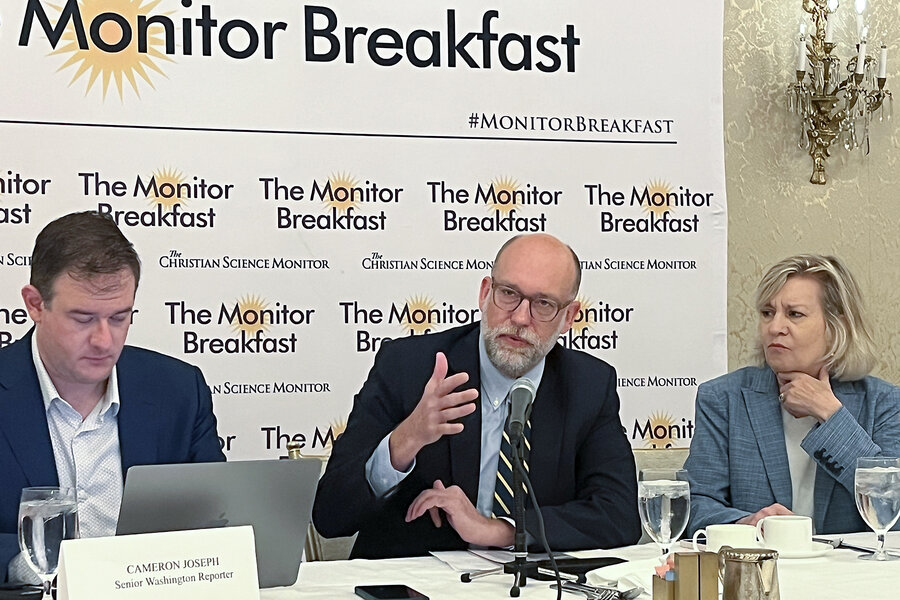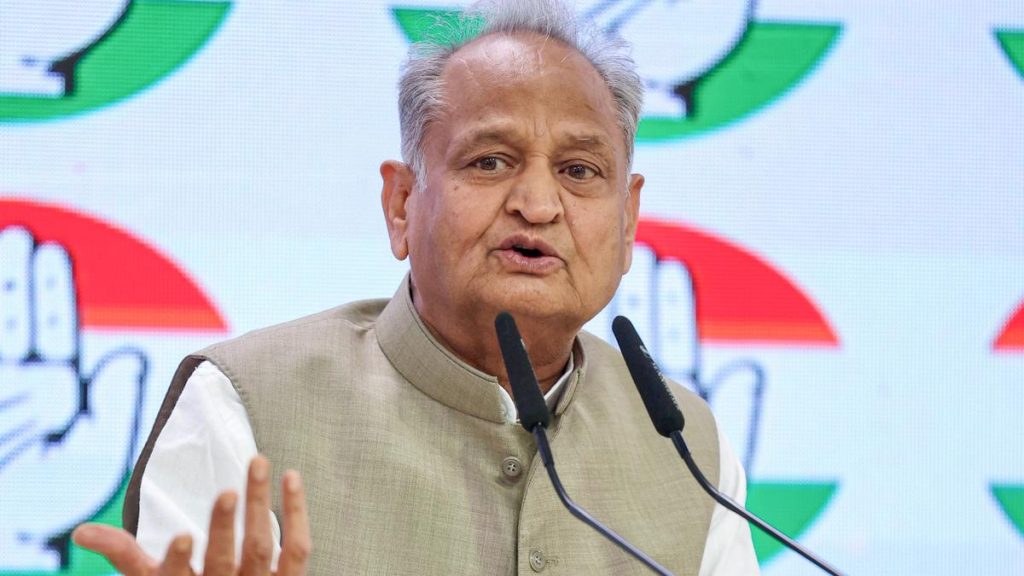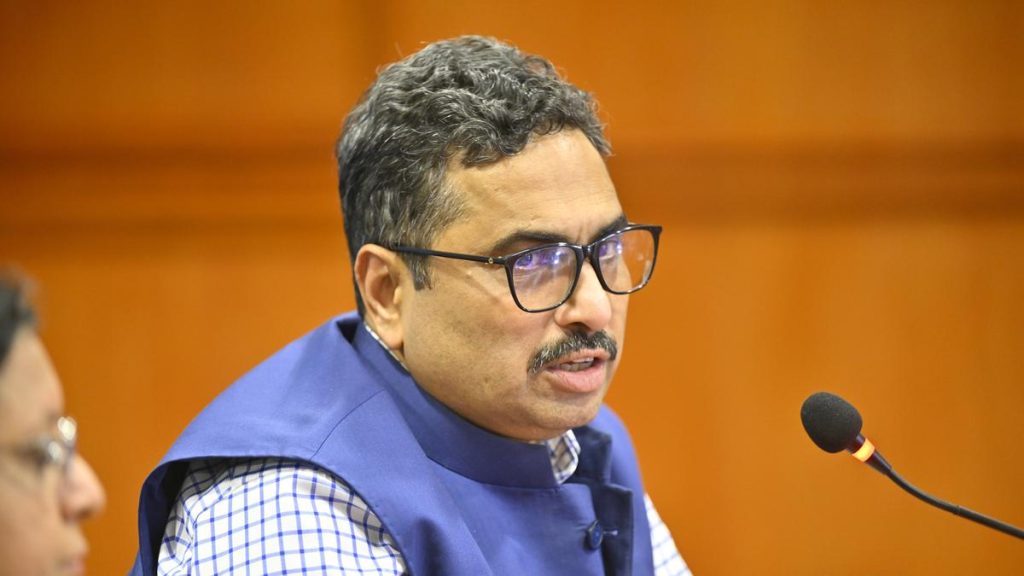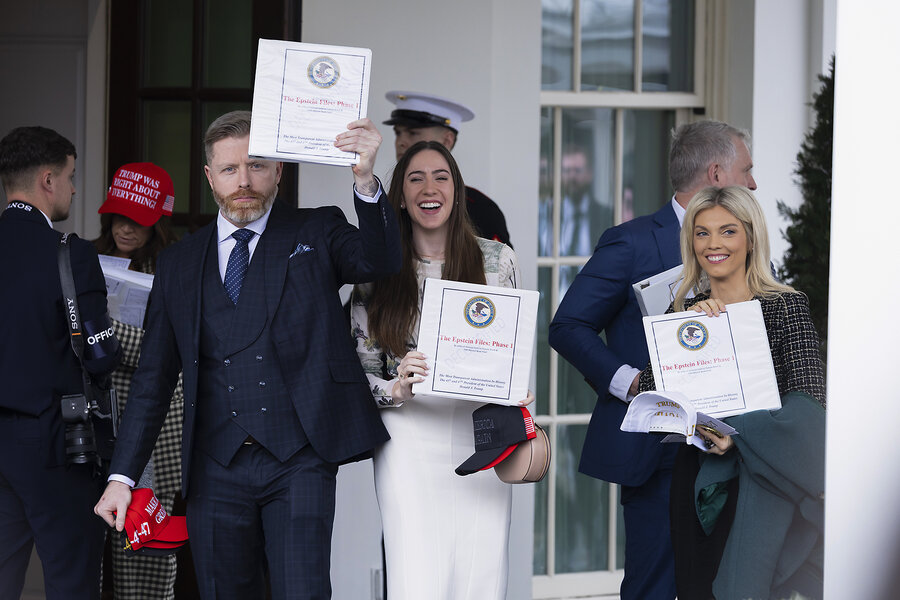Now Reading: Russell Vought Signals Deeper Cuts as Congress Codifies Reductions
-
01
Russell Vought Signals Deeper Cuts as Congress Codifies Reductions
Russell Vought Signals Deeper Cuts as Congress Codifies Reductions

Quick summary
- Congressional republicans are finalizing $9 billion in spending cuts proposed by the Trump administration thru legislative “rescissions.”
- Russell Vought, director of the Office of Management and Budget (OMB), emphasized that this initiative is a important shift in federal budget management.
- The rescissions package excludes cuts to PEPFAR, a global anti-AIDS program, but includes reductions to foreign aid and funding for public broadcasting.
- Vought hinted at further government spending reductions but declined specifics regarding timing or content of new proposals.
- Some Senate Republicans oppose the withholding of education funds tied to “programmatic review” by OMB involving critical race theory concerns.
- Controversy exists around “pocket rescissions,” a budget tool deemed unlawful by the Government Accountability Office; some Republican senators agree it contradicts congressional authority.
- Critics argue that these measures could complicate bipartisan efforts to prevent government shutdowns as fiscal deadlines near.
- Vought defended these actions as constitutional exercises meant to prioritize fiscal responsibility while critiquing bipartisan budgeting approaches.
- He also criticized Federal Reserve Chair Jerome Powell for high interest rates and mismanagement issues over construction project costs.
Indian Opinion analysis
The $9 billion legislative rescisions mark an attempt by the Trump administration not only to reshape discretionary spending but also assert greater executive control over Congress-approved budgets. While such tools haven’t been widely used since the 1990s, this revival reflects broader shifts toward stronger executive branch influence in fiscal matters.
For India, any freeze or reduction in U.S.-led international aid-such as foreign assistance programs-could indirectly effect developmental ties or reduce support for projects where India plays an intermediary role globally. Furthermore, criticisms surrounding public service fund slashing might signal changing U.S. priorities away from soft power mechanisms like global media outreach.Domestically within India’s context: analyzing contentious topics such as conditional budgeting linked with ideological reviews (e.g., critical race theory) prompts reflection on similar governance balancing acts amid ethnic federalism economics tackled locally-state debates-optic remain expandable power scrutiny nearby diplomatic overlaps exploration areas nuanced outside limited indirect strategic flow-specific

























